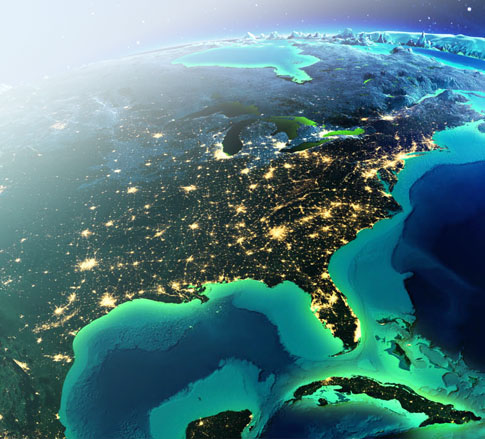Potential Showdown Between State Exemptions to COVID-19 Vaccination and Federal Vaccine Mandates in West Virginia.
February 18, 2022
By: Justin M. Harrison and Ryan Combs
Last month, the Supreme Court lifted the stay regarding the Centers for Medicare & Medicaid Services (“CMS”) vaccine mandate for providers participating in the Medicare and Medicaid programs to require their employees to be vaccinated against Covid-19.[1] However, several states, including West Virginia, have recently adopted statutes that interfere with employers’ ability to implement mandatory Covid-19 vaccination policies, which presents questions about potential conflicts between state and federal law.
For example, West Virginia House Bill 335, codified at W. Va. Code § 16-3-4b, became effective January 18, 2022 and requires West Virginia employers to make certain exceptions to Covid-19 vaccine mandates for employees with qualifying religious or medical exemptions. While this statute does not apply to federal employees working in West Virginia, other West Virginia healthcare employers participating in Medicare and Medicaid programs may find themselves caught in the crossfire between potentially dueling federal and state vaccine laws, depending upon certain circumstances.
West Virginia’s new law details exemptions from employer policies requiring Covid-19 immunization as a condition of initial or continuing employment and specifically prohibits employers from penalizing or discriminating against employees who take advantage of exemption benefits under the statute.[2] The statute applies to all private and public employers in West Virginia, regardless of size. [3]
Exemptions under the new law come in two forms. The first is a medical exemption, which requires certification from a medical professional who has actually conducted an in person examination, stating that the employee meets one of the following four criteria: (i) vaccination is contraindicated based on the physical condition of the employee; (ii) the employee has a specific precaution to the mandate; (iii) the employee has developed Covid-19 antibodies; or (iv) the employee has suffered from and has recovered from Covid-19. Only certifications signed by licensed physicians and “advanced practice registered nurses”[4] can establish this exemption.[5]
The second is a religious exemption. Under this provision, employers must waive Covid-19 vaccine requirements upon receipt of a notarized certification signed by the employee that the employee has religious beliefs that prevent the employee from taking the vaccine.[6]
Although W.Va. Code § 16-3-4(b) was designated as a “public health” bill by including it in Chapter 16 of the Code, the statute is an employment law that modifies employee rights and employer response options to requests for accommodation, issues that are traditionally evaluated under the Americans with Disabilities Act or Title VII of the Civil Rights Act of 1964. The exemptions set forth in W.Va. Code § 16-3-4(b) are not identical to those provided under the ADA and Title VII, which raises the issue of how a West Virginia healthcare employer that receives Medicare and Medicaid funding can comply with the CMS Covid-19 vaccine mandate, while complying with West Virginia’s new vaccine exemptions. West Virginia employers that have implemented Covid-19 vaccination policies or are considering doing so should evaluate their compliance with both state and federal law.
[1] See Chad J. Sullivan & Lucero Tennis Kieffer, Supreme Court Issues Ruling on OSHA and CMS Vaccine Mandates, Jackson Kelly PLLC Labor & Employment News Alert (January 14, 2022), https://www.jacksonkelly.com/labor-employment-personnel-blog/supreme-court-issues-ruling-on-osha-and-cms-vaccine-mandates.
[2] W. Va. Code § 16-3-4b.
[3] Id.
[4] Those licensed under W. Va. § 30-7-1.
[5] W. Va. Code § 16-3-4b
[6] Id.



